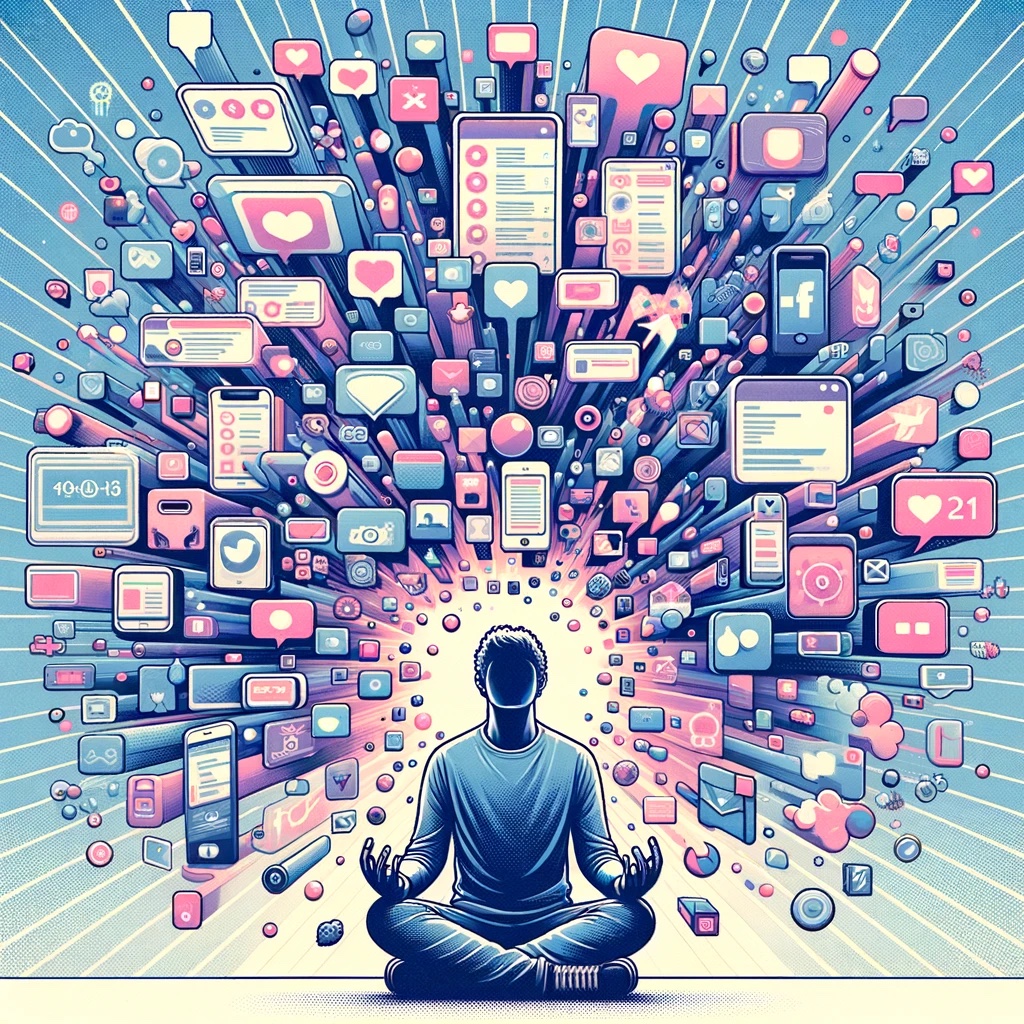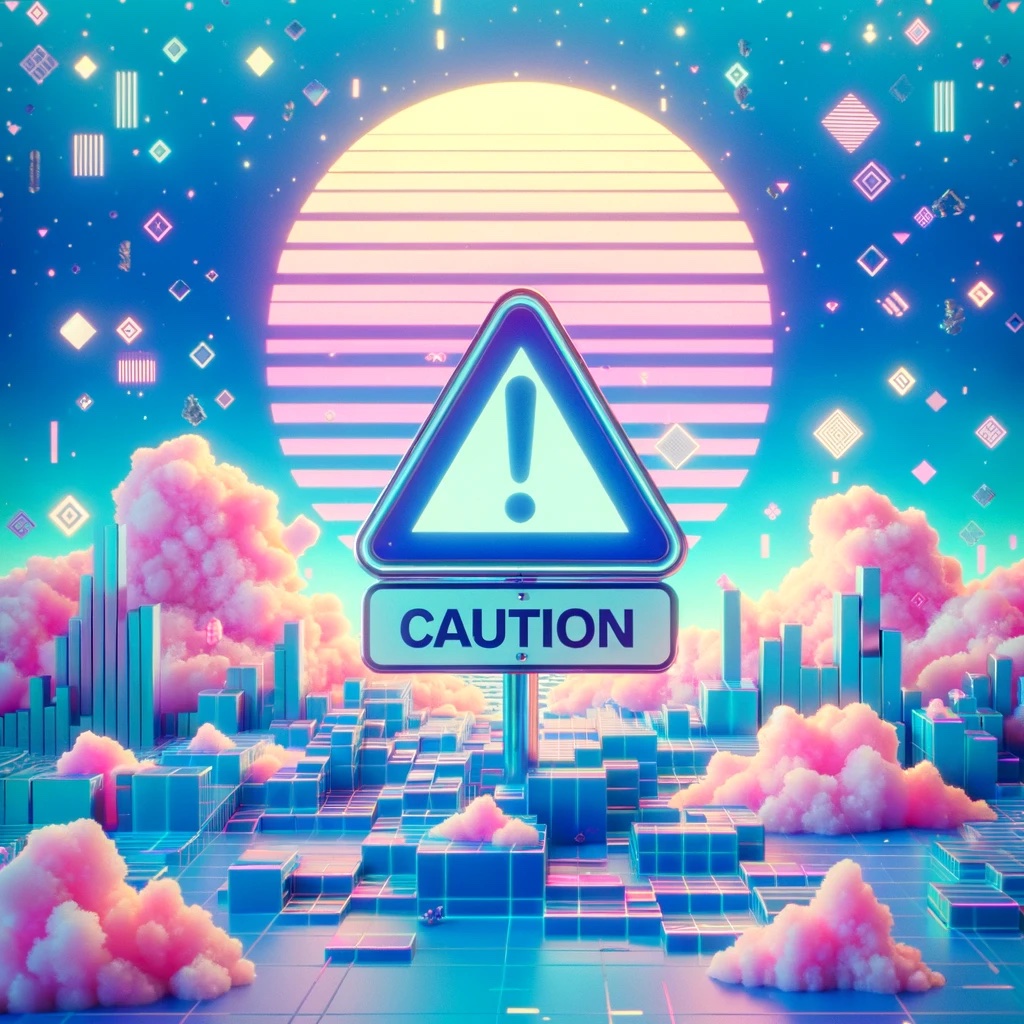The internet has revolutionized how we access information and support for our mental health. A few clicks can lead to countless articles, forums, videos, and self-help tools dedicated to understanding and managing a wide range of mental health challenges. Yet, this abundance of information is a double-edged sword – it can be empowering, but it also comes with risks. Online mental health resources: Help or harm?
The Benefits: Accessibility and Validation
Let’s acknowledge the positives first:
- Breaking down barriers: Online resources bypass financial hurdles, geographic limits, and the stigma often associated with seeking professional help.
- Community and connection: Online forums and communities offer a sense of belonging to those struggling with isolation due to their condition.
- Learning and self-awareness: Reputable websites provide helpful information on symptoms, coping mechanisms, and potential treatment pathways.
- Reducing the ‘aloneness’: Finding others who share similar struggles can be incredibly validating and combat the feeling that you’re broken or alone.
The Risks: When Information Becomes Harmful
However, there’s a darker side to consider:
- The rabbit hole of self-diagnosis: While learning about conditions can be useful, it’s easy to misinterpret information and convince yourself you have a disorder you don’t. This can lead to heightened anxiety or misdirected treatment attempts.
- Unreliable sources: Not all websites are created equal. Misinformation and unqualified opinions run rampant online and can do more harm than good.
- Triggering content: Graphic descriptions of symptoms or the sharing of distressing experiences can be extremely upsetting for those with existing sensitivities.
- The comparison trap: Social media, in particular, can lead to comparing your internal struggles with idealized portrayals of others’ lives, worsening self-esteem and negative feelings.
- Delaying professional help: An over-reliance on self-help resources can mistakenly make someone feel they can handle issues alone when they need tailored, specialized support.
Striking a Balance: How to Use Online Resources Wisely
So, does this mean ditching the internet for your mental health? Not at all! Here’s how to use it safely:
- Vet your sources: Stick to trusted websites of mental health organizations, professional bodies, or government health services (.org, .gov websites are good indicators).
- Be skeptical, not cynical: Be critical of what you read. If something sounds too good to be true or triggers a strong emotional reaction, it may be inaccurate or unhelpful.
- View it as a supplement: Online resources should augment traditional help-seeking, not replace it entirely.
- Therapy is still key: Talking to a qualified therapist is crucial for personalized diagnosis, treatment plans, and developing healthy coping skills.
- Listen to your gut: If the time you spend online about your mental health makes you feel worse, take a break. Reach out to someone you trust for real-life support.
Signs You May Need to Step Back
- Increased anxiety or obsessive thoughts: Scrolling through triggering content worsens your existing worries uncontrollably.
- Spiraling comparisons: Reading about others makes you feel inadequate or fuels hopelessness about your own situation.
- Rumination without action: You spend much more time researching conditions than actively trying to implement coping strategies.
- Isolating behavior increases: Online resources replace in-person contact and real-life support networks.
The Takeaway
Online mental health resources can be a powerful tool, especially as a starting point or when access to professional help is limited. However, it’s crucial to recognize the potential downsides. Use these resources wisely, prioritize reliable sources, and never underestimate the value of in-person support from a qualified therapist.
Disclaimer: This article is for informational purposes and should not replace professional guidance.





0 Comments